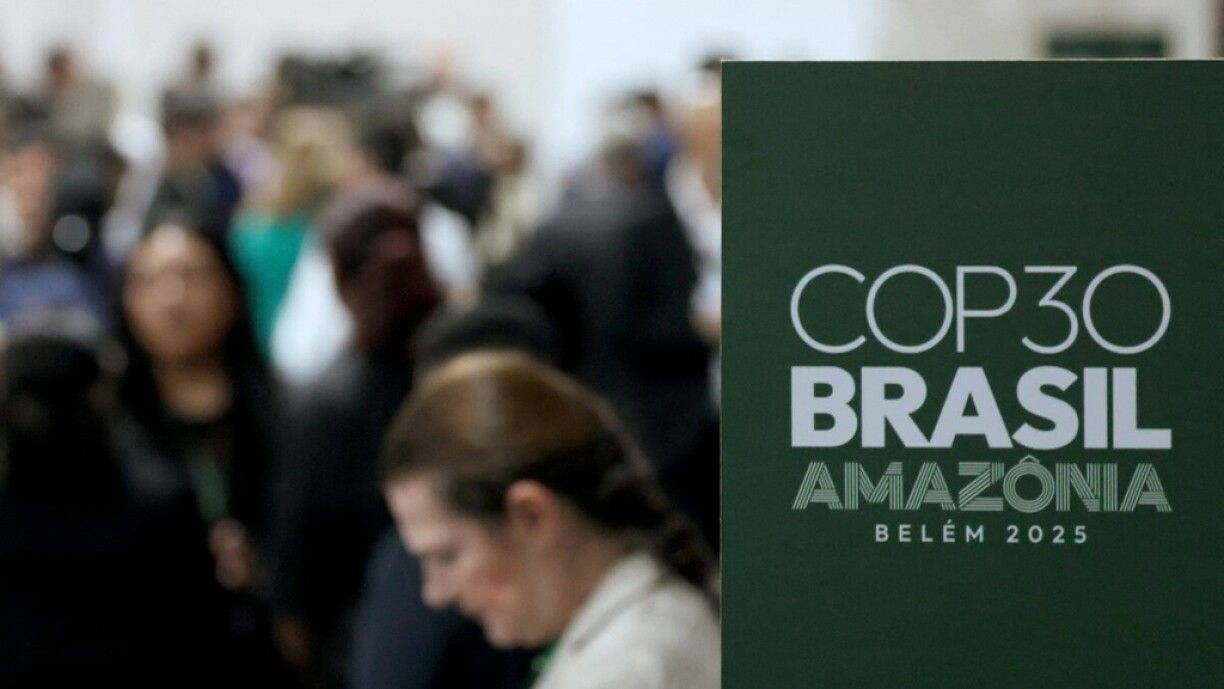
The report details how researchers analysed a range of online platforms in the months leading up to the summit and found a significant surge in false or manipulated climate-related content. According to the study, instances of misinformation connected to the COP conference reportedly rose by 267% between July and September.
Around 14,000 examples were found. One striking case included in the report is a video created using artificial intelligence. It features a fabricated scene showing a reporter standing in a flooded city that closely resembles Belém, the host city of COP30. The video is titled “The truth about COP30 in Belém in 2025", but everything in it is entirely fictional.
Read also: Five things to know about ‘forest COP’ host city BelemAccording to CAAD, the strategy behind this kind of climate disinformation is to sow doubt about scientific consensus and undermine support for climate policies. The report names major energy and agribusiness companies, grouped under the label “Big Carbon”, as key drivers of these narratives. These actors, the report states, actively attempt to convince the public that there is no real agreement on climate science and weaken the sense of solidarity among those calling for political action.
But the responsibility does not stop with industry players. The report also criticises social media and tech platforms for enabling the spread of such content with minimal oversight. A previous study from 2023 had already revealed that energy giants such as Shell, ExxonMobil, BP, and TotalEnergies collectively spent up to five million dollars on climate misinformation ads on Facebook alone.
CAAD warns that such content is “cheap, fast, and widely distributed” through social media and search engines, and that it actively works to sabotage meaningful political action.
Read also: Four Brazilians to watch at COP30
Recognising the scale of the problem, disinformation has become a major topic for the COP30 itself. A new initiative titled the “Global Initiative for Information Integrity on Climate Change”, which is a collaboration between Brazil, the UN, and UNESCO, aims to improve research and protection against the spread of false narratives.
Just days before the start of the summit, both Brazilian President Luiz Inácio Lula da Silva and French President Emmanuel Macron issued a warning that climate-related fake news represents a serious threat to democracy. Lula criticised extremist forces for producing fake content to manipulate public opinion and keep society locked in outdated systems for political gain.
Finally, UN Secretary-General António Guterres issued a scathing rebuke of the companies involved. He stressed that even the smallest fraction of a degree of global warming translates into more hunger, displacement, and loss, particularly for those least responsible. He described the situation as a moral failure and a deadly form of neglect, condemning companies that make record profits from environmental destruction while investing billions to mislead the public and stall progress on climate policies.